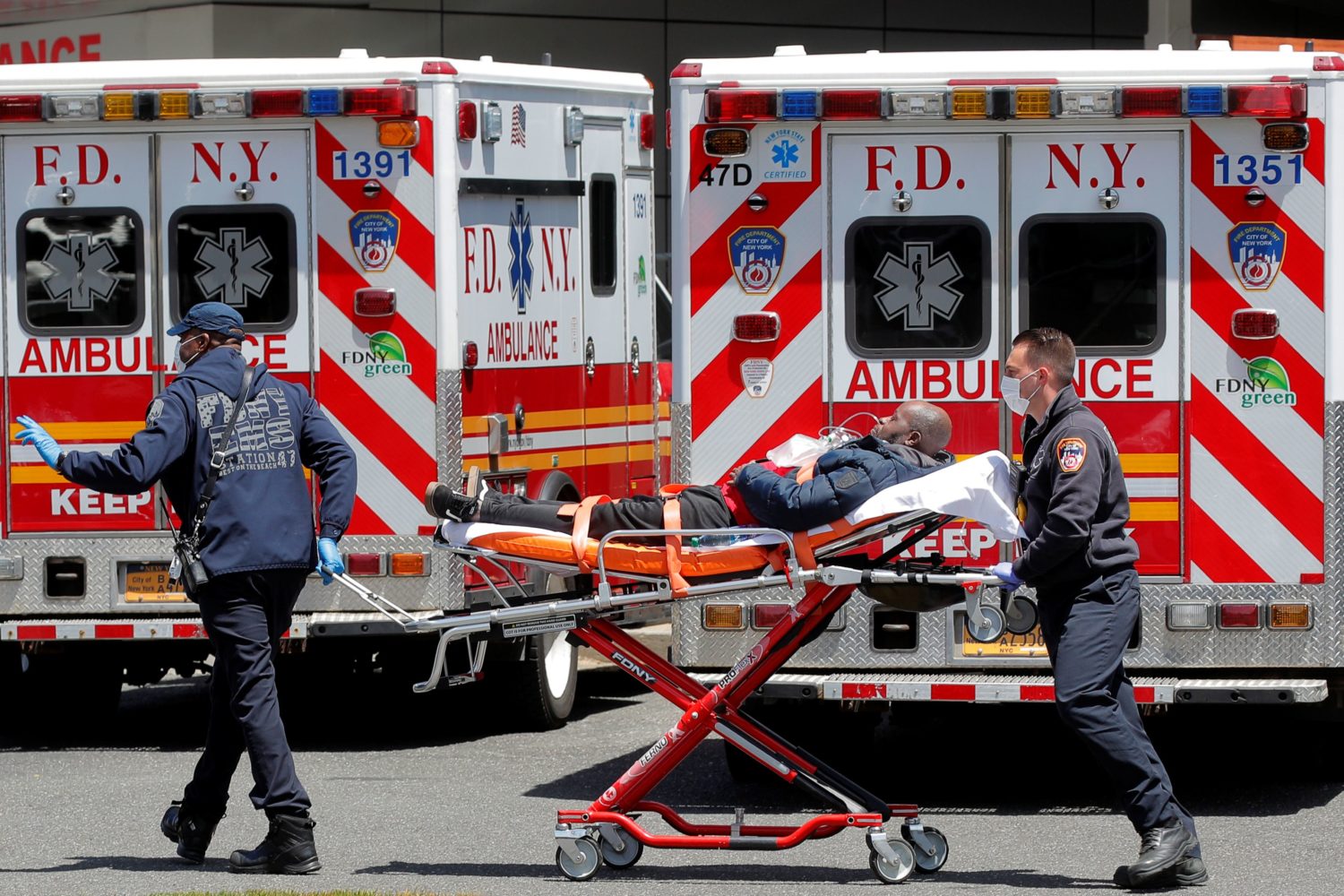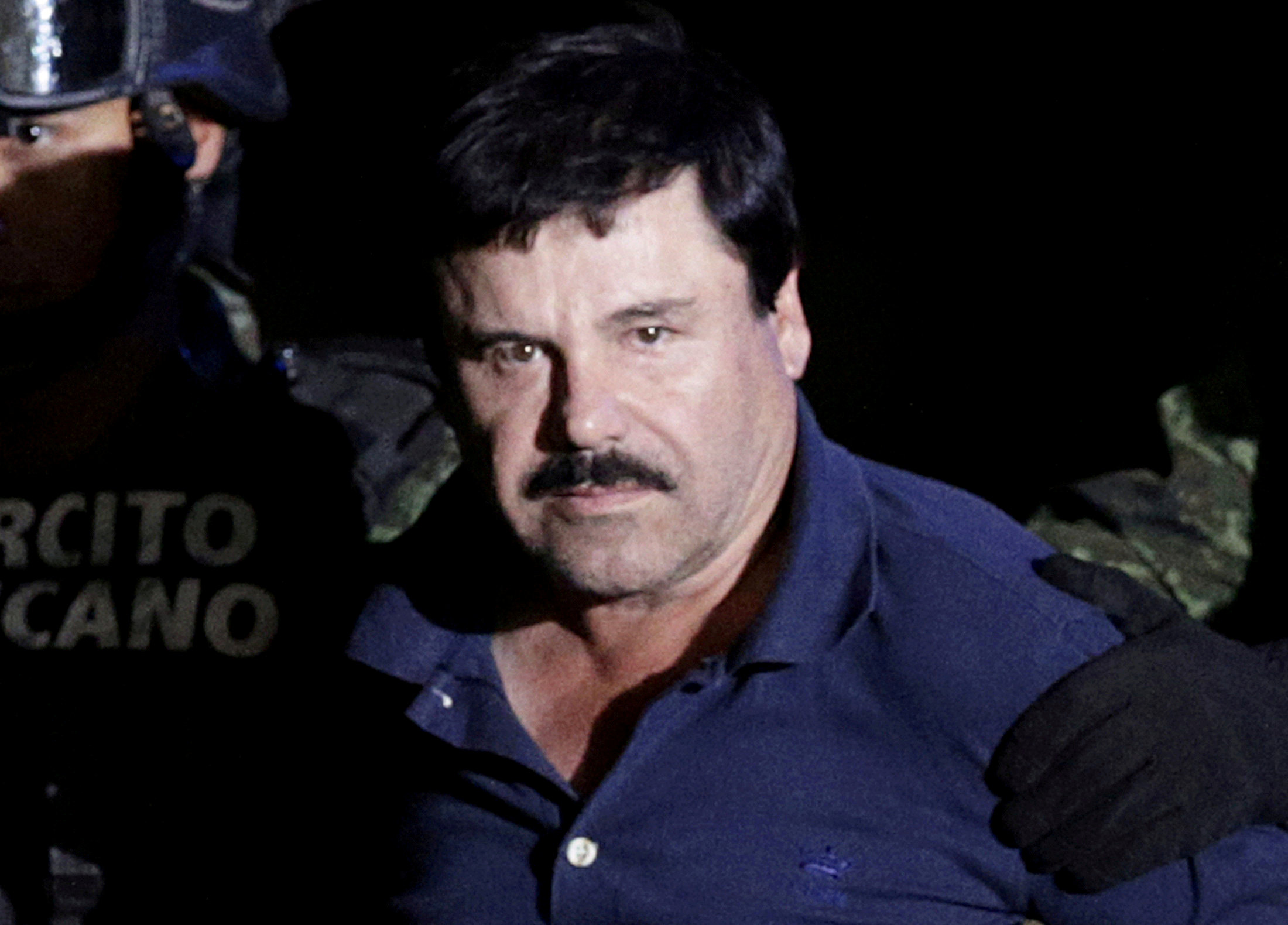
By Brad Brooks
(Reuters) – The United States may see 200,000 deaths because of the coronavirus at some point in September, a leading expert said, while total U.S. coronavirus cases surpassed 2 million on Wednesday as governments relax restrictions.
Ashish Jha, the head of Harvard’s Global Health Institute, told CNN in an interview on Wednesday that without drastic action, the number of U.S. deaths would march on.
“Even if we don’t have increasing cases, even if we keep things flat, it’s reasonable to expect that we’re going to hit 200,000 deaths sometime during the month of September,” Jha said. “And that’s just through September. The pandemic won’t be over in September.”
Jha added: “I’m really worried about where we’re going to be in the weeks and months ahead.”
Total U.S. coronavirus-related deaths totaled 112,754 on Wednesday, the most in the world. Jha said that was directly tied to the fact the United States was the only major country to reopen without getting its case growth to a controlled level – a rate of people testing positive for the coronavirus remaining at 5% or lower for at least 14 days.
He said the deaths were not “something we have to be fated with” and could be prevented by ramping up testing and contact tracing, strict social distancing and widespread use of masks.
Several U.S. states have seen coronavirus cases jump in recent days, causing great concern among Jha and other experts who say authorities are loosening restrictions too early.
New Mexico, Utah and Arizona each saw its number of cases rise by 40% for the week ended Sunday, according to a Reuters analysis. Florida and Arkansas are other hot spots.
Nationally, new infections are rising slightly after five weeks of declines, according to a Reuters analysis that showed total cases at 2,003,038.
Part of the increase is due to more testing, which hit a record high last Friday of 545,690 tests in a single day but has since fallen, according to the COVID-Tracking Project.
It is also likely a result of more people moving about and resuming some business and social activities as all 50 states gradually reopen after lockdowns designed to curb the spread of the coronavirus.
Health officials urged anyone who took part in nationwide protests for racial justice to get tested. Experts fear that the protests, with no social distancing, that have occurred since the May 25 death of George Floyd in Minneapolis police custody could lead to another spike in cases.
But Vice President Mike Pence said he saw no sign of that.
“What I can tell you is that, at this point, we don’t see an increase in new cases now, nearly two weeks on from when the first protests took effect,” Pence said in an interview on Fox Business Network. “Many people at protests were wearing masks and engaging in some social distancing.”
(Reporting by Brad Brooks in Austin, Texas; Additional reporting by Lisa Shumaker; Editing by Bill Tarrant and Peter Cooney)




